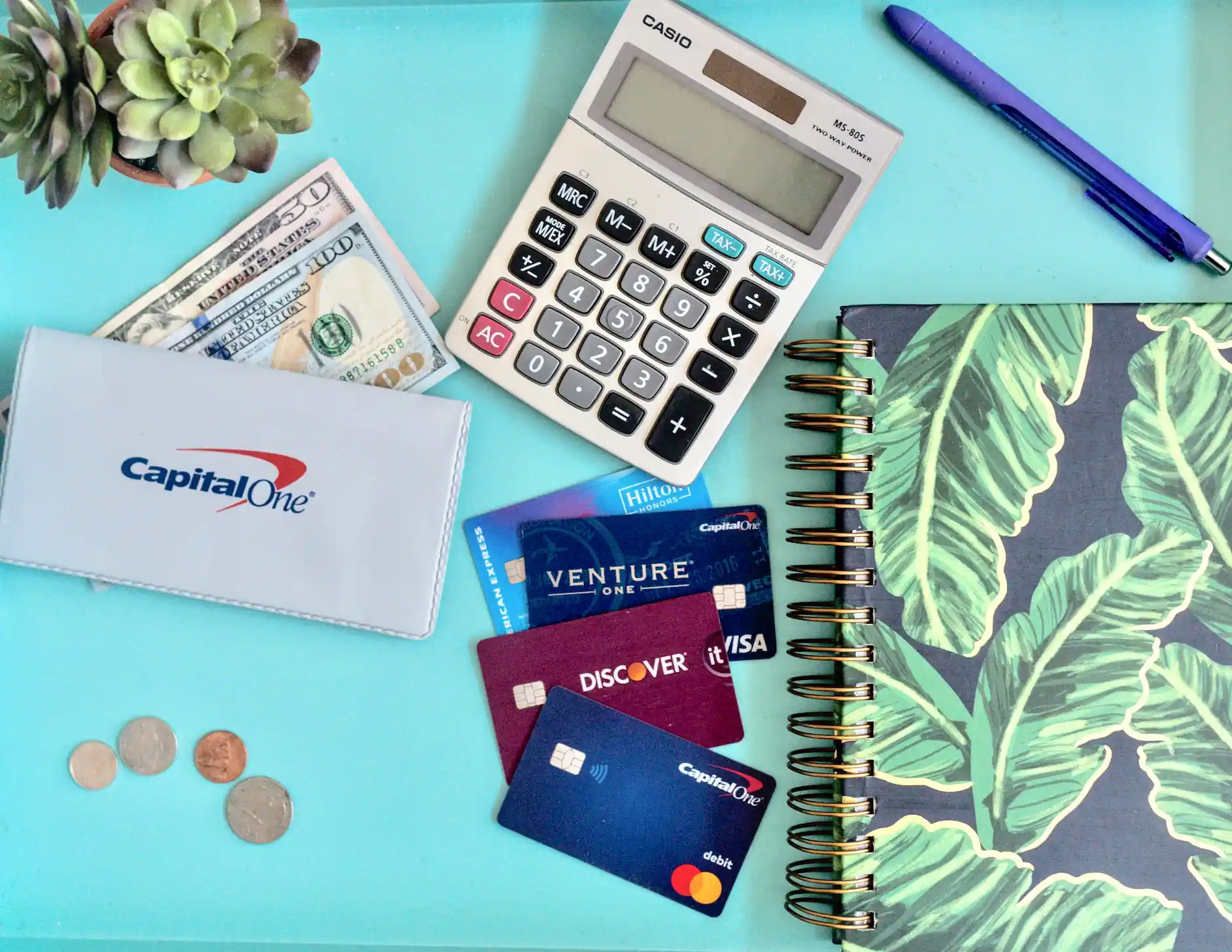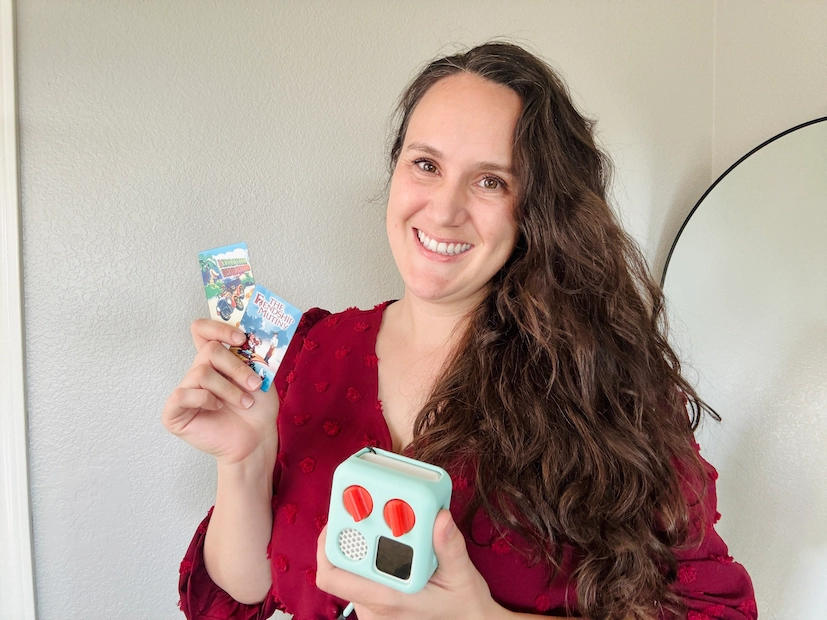Saving money is an important habit to get into. It is necessary to always be prepared financially for whatever life may throw at us. For example, looking back at 2020-2021ish, nobody planned for a global pandemic!
Over the course of 6 months, (March through September), I was able to save $10,000. Now I understand your situation may be different than mine, but it IS still possible to save money and pay the bills! If you can’t save $10,000 in 6 months, try 8 months, or a year! I am going to guide you on how to save $10,000 in 6 months and how I did it!
How To Save $10,000 in 6 Months:
1. Get Serious About Money Management
Benjamin Franklin undoubtedly was an expert on money management. One of his financial quotes is “Rather go to bed without dinner than to rise in debt.” We live in a culture where when we want something, we put it on credit without saving for it. (Is that why AfterPay is successful?) I think the secret to financial success is by living within your means and not accruing unnecessary debt. If you want to reach a savings goal, you have to get serious about it. Sacrifices are going to have to be made, time and hard work is the only way to achieve your financial goals.
2. Do Some Calculations
Grab your calculator and divide $10,000 by six months. $10,000/6= $1,666.67. That sounds pretty doable right? Not so intimidating as $10,000 can look. Take a look at your expenses and calculate how much you need to save for paying your bills. I highly recommend getting a budget app that tracks your spending history to give you a clear picture on your income vs expenses month by month. Every month I use Google Sheets to track our budget. Google Sheets has a free monthly budget template where I can clearly track spending based on different categories. I also use the Mint app (free) and it categorizes my spending, my income, and my credit cards.
Now if you are living on a single income, or if you make minimum wage, or are working part time, your monthly income might be $1,600 or less. That is okay! Maybe all you can save is $300, $400, or $500 a month. Do your absolute best to save as much of your paycheck that is not going to mandatory bills. It may take longer than 6 months to reach your $10,000 goal, and that is perfectly fine. Saving money should be exciting, not challenging or stressful.
3. Never Pay Interest or Fees
Math has never been my strong suit, so for years I did not truly grasp how credit card companies calculate interest in accordance to the billing cycle. (I’d even try to have credit card company associates explain it to me and I was still lost). Jason, from Honest Finance was kind enough to respond to a question I had about how interest is calculated. Jason says, "Interest is always charged to the following month (it’s calculated that way because of grace period charges). As long as you always pay off your statement balance in full every month, you won’t pay interest. I know it’s confusing. Just focus on the statement balance and you don’t need to worry."
Since I was 19, I have had credit cards and I usually never pay interest or late fees on my credit cards because I strive to pay my cards in full before the payment due date. Not to say I have never had to pay interest, it's just I have made a habit of paying my credit card on time so that interest does not accrue.
My credit cards’ interest fees range from 19%-25%. I don’t even want to know the fees associated if I didn’t pay on time! It is way easier for me to not carry a balance over to the next month. So each month, the statement balance for the previous month is $0. What I spend in one month is what I pay in one month, so I think it just means I don’t utilize all of the billing cycle days.
4. Create Multiple Streams of Income
Saving $10,000 would not be possible for me without having MULTIPLE streams of income. Realistically, it is impossible to save 100% of your paycheck because of life’s expenses. Have you ever gone to the grocery store and picked up a few items that were under $5 each, then you get to the checkout and the bill is over $60? You’re thinking, “wow! That added up fast!”. Same thing with various streams of income. It adds up fast.
Other than my full time job, I earn additional income mostly through blogging. I also use apps that earn money, selling stuff on OfferUp, recycling plastic bottles, and my credit cards that earn cash rewards. Look for some part time jobs, or I highly recommend jobs that have tips (barista, waiter/waitress, etc) to earn extra income.
5. Cut Down Expenses
Let’s play a game of pretend for a second. Pretend that you are stuck on an island for 6 months. Other than food, shelter, clothing, you are not going to need daily trips to Starbucks, that gym membership, Netflix subscription, you get the idea. As much as possible, cut down expenses that are unnecessary. Take those what would be expenses and put them into savings.
During these 6 months, I did not eat out much. I also didn’t want to waste our food so I was very careful on how much and how often I was buying groceries.
Recently, we switched phone plans from AT&T to Mint Mobile. For both of us, we were paying $141.44 a month ($1,697.28 per year). Now with Mint Mobile, both our phone lines are $480 per year, or $40 a month (plus taxes/fees). We are saving an additional $1200 a year! If you sign up with this referral link, you will get a $15 credit. Mint Mobile has 3, 6 and 12 month plans. The longer the plan (i.e. 12 months) the better the deal. Mint has been great, they use T-Mobile's cellular network including 5G coverage. Mint Mobile makes it very easy to check to see if you are covered in their area and they will even help you switch from your old carrier to theirs.
Another way to cut down expenses is by conserving energy at home. We use an energy savings incentive company called OhmConnect which gives you points in exchange for cash when you reduce your energy output. We have already earned $258+ in 2020 from beating our energy forecast during energy reducing challenges. Here's what to do: sign up with my link, connect your utility account (it is kept private) and save energy during #OhmHours. Once you do, you'll get $10 plus points and opportunities to win prizes in their drawings. It's a win win situation: you save money on your energy bill, and earn money for doing so!
6. Open An Online Savings Account
A strategy that helps me save money is to have online accounts that are “untouchable”. I have a few savings accounts with Capital One’s 360 bank. One of my savings accounts is called “Rainy Day Savings”. I love banking with Capital One because from the credit unions and banks I’ve banked with, Capital One has the highest APY. I also like that because it’s an online account, it makes me less likely to take money out because it’s not at a physical place. (It takes about 3-5 days for the transfer to show up in your bank account). Also, investing in stocks is ridiculously easy with Robinhood. They'll even give you a free stock to get started when you use this link. Check out my blog post Investing with Robinhood: What You Need to Know to learn more!

7. Don’t Be Tight Fisted
I've come across "no spend challenges" online, and frankly, I feel that mindset is unreasonable. Being smart with your money doesn’t mean you have to become a miserly scrooge. Don’t forget to give to loved ones for birthdays, anniversaries, etc. If the opportunity arises, give freely to charities, a neighbor/coworker in need, or if you go to church, make sure to tithe. In my years of working, I admit I was not faithful at tithing every month. I was very inconsistent. This year I made it a goal to tithe every month. I always would hear in church that we are just managers of money that God has already given us. Somehow I have been able to pay my bills on time and save while tithing twice a month. I truly believe the Lord blesses a faithful giver, and I think when you give, you also learn how to be more responsible with your spending habits.
8. Treat Yo Self!
I don’t think anyone really needs to be reminded to buy things for themselves haha, but just because you are on a strict savings plan, doesn’t mean you have to turn down friend-dates, family outings, date night with your spouse or special occasions because you are budgeting. Just be smart and if you are hesitant to spend money, just buy something cheaper on the menu. Splurging now and then is not going to break the bank-just make sure you don’t do it all the time. I highly recommend getting a credit card that has points, rewards, offers, etc! If you are going to be spending the money anyway, have it work to your advantage. For example, I use Fetch every time I make a purchase, by uploading a picture of my receipt, and I earn points every single time. I've been able to convert my earned points into gift cards I can give to a friend for their birthday. They have so many options to choose from, Sephora, Amazon, Target, Starbucks, Lululemon, Panera Bread, to name a few.

What are your favorite savings tips?








.webp)





